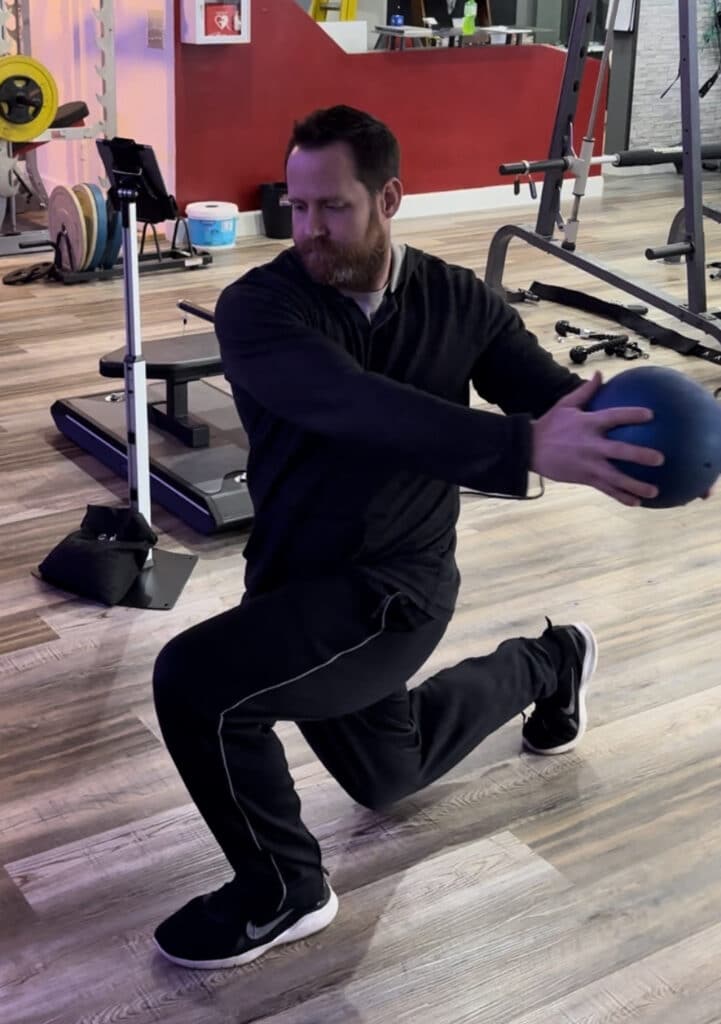The Power of Functional Training: Benefits and Pitfalls
Let me start off by saying, we love functional training at KalQlate. It’s like the kombucha of fitness – it’s refreshing, energizing, and good for you. Unlike traditional weightlifting exercises that isolate specific muscle groups, functional training emphasizes whole-body movements that mimic real-life activities. This type of training can provide numerous benefits, including:
The Benefits of Functional Training
- Improved Performance: Functional training can make you feel like a superhero by developing a stronger core, improving balance and stability, and enhancing coordination and agility.
- Increased Calorie Burn: Functional training involves high-intensity workouts that can burn more calories in a shorter amount of time compared to traditional weightlifting exercises. That means you can have your cake and eat it too…as long as it’s protein cake.
- Injury Prevention: Functional training can help reduce the risk of injury by strengthening the body’s stabilizing muscles and improving joint mobility and flexibility. Because let’s face it, nobody wants to be sidelined by an injury.
- Versatility: Functional training can be adapted to any fitness level and can be performed in a variety of settings, including the gym, at home, or even outdoors. That means you can workout anywhere, anytime, even if your gym is closed due to a pandemic…just saying.
The Pitfalls of Functional Training
While we are big fans of functional training, it’s important to note that it also has its pitfalls. One of the biggest pitfalls is the potential to overlook the importance of fundamental lifts with progressive overload. These lifts, such as squats, deadlifts, and bench press, are like the classics of weightlifting – they’ve stood the test of time and are essential for building strength and muscle mass. Without them, functional training may not be as effective in achieving these goals.
Another pitfall of functional training is the potential to overemphasize form over weight. While proper form is essential for injury prevention, lifting heavier weights is necessary for building strength and muscle mass. Focusing too much on form and neglecting weight progression can result in a plateau in performance and limited gains.
The Bottom Line
Functional training is an effective way to improve overall movement patterns and functionality in daily life, but it’s important to strike a balance between functional training and traditional weightlifting exercises that focus on fundamental lifts with progressive overload. By incorporating both types of exercises into your fitness routine, you can experience the full benefits of functional training while still achieving your strength and muscle-building goals.
At KalQlate, we take this approach one step further by incorporating innovative technologies like adaptive resistance training. Studies have shown that adaptive resistance training is superior to lifting weights alone when it comes to building muscle and strength. And who doesn’t want to build muscle and strength while feeling like a fitness rockstar? So whether you’re a seasoned athlete or just starting your fitness journey, we’re here to help you take your training to the next level.



